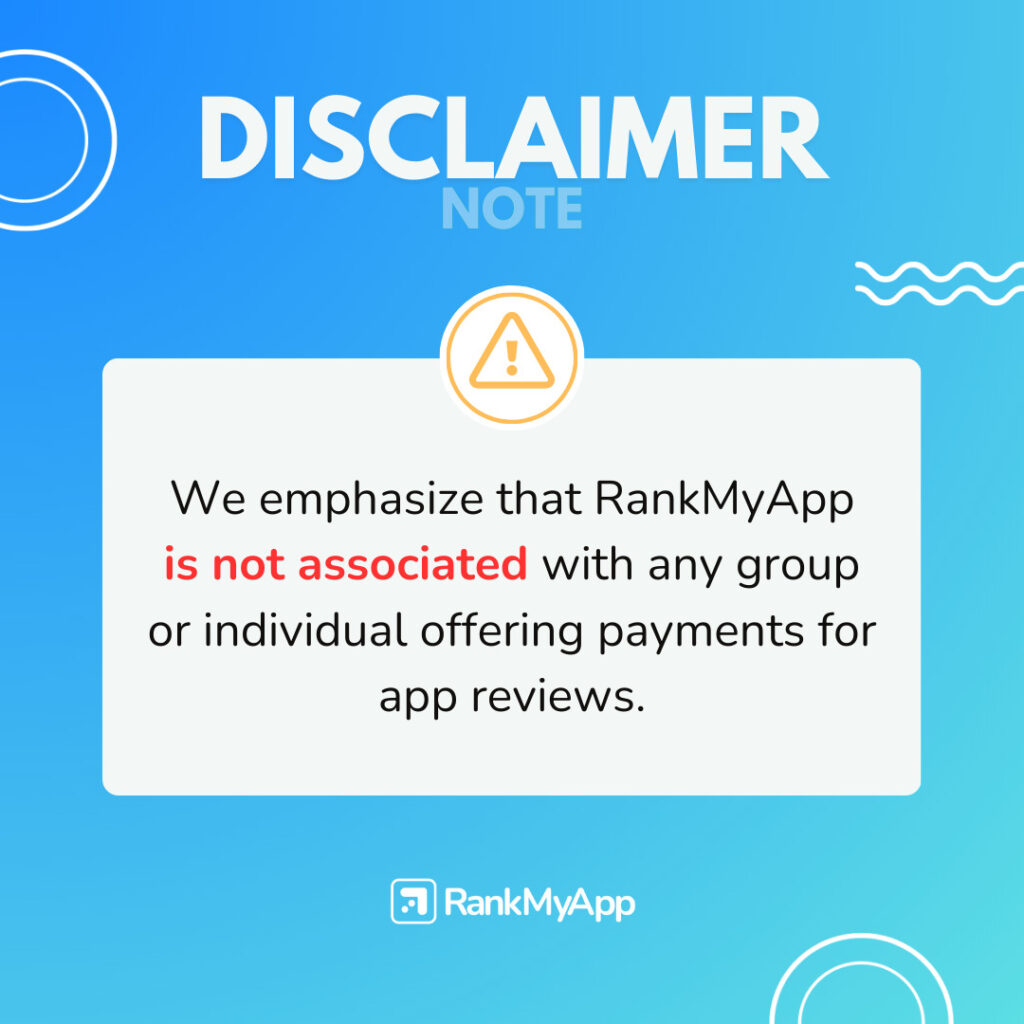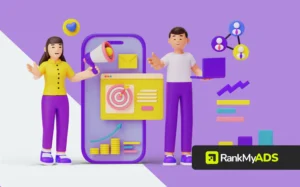You already know that you need to choose a category for your app and select some keyword in order to optimize it. But did you know how to create a keyword strategy relevant to the category that your app fits in?
That’s why it’s extremely crucial to invest in App Store Optimization to create the exact strategy that makes sense with the idea of your app. Let’s understand how important the keyword is to the category!
How to create a keyword strategy?
The biggest share of organic downloads in the app stores happen because of keywords. People find apps based on how faithfully the app’s description and copy replicate their research. And when we talk about keyword strategy, there are some points to pay attention to.
Start with what happens to be the main functionality in your app. For example, it doesn’t make sense to use as the main keyword something that is not related directly with the application. Of course you can change it according to the competition, but with another strategy.
Analyze if the app is in the same category as your app. What keywords they use? Do they use short or long-tails? What position in the ranking are they? Does it happens because of the keyword choice? These are some questions that you have to find yourself.
Try to find match between your ideas, what the other apps already used and what fits the category your app is in, with this, it will be easy to choose the perfect keyword.
Keywords and categories
Naturally, your app has to belong to some category, and it’s possible to have more than one category. So, imagine that some users like to look at categories and see which apps are in the ranking and consequently are much more popular?
The ranking of categories can be influenced by optimization, as some keywords have more relevance than others inside this tab. We separated some categories and keywords examples that fit better there. Check it out:
Games
Apple Store: game, games, fun, play, puzzle, best, slots, battle, casino, dress up, build up, etc.
Google Play Store: game, free, world, play, fun, new, game with, game for, racing game, etc.
Health and Fitness
Apple Store: fitness, workout, weight, sleep, loss, weight loss, daily, calorie counter, home workout, etc.
Google Play Store: weight, fitness, free, app, track your, lose, at home, etc.
Travel
Apple Store: guide, flights, hotels, travel, car, map, deals, book, travel guide, cheap flights, etc.
Google Play Store: travel, book, free, flights, street view, find, check in, gps navigation, etc.
As you can see,f the most part of keywords are not specific about one app. It fits in any app of the category in general. So, what it is possible to do with this? First of all, combining the keywords more relevant, for example “travel”, with a characteristic of your app.
Of course you can use just travel, but probably this word is very competitive. If you create a long tail keyword using that, it will be possible to capt organic users that are interested in exactly what the app is offer.
These keywords examples above will will help you to formulate a strategy inside the categories, because it is the most popular ones. But the best option for who wants to see the app in the ranking is doing ASO.
The App Store Optimization process allowed you to observe the competition, analysing the best keywords for your app, optimize all the elements of the app’s page, without counting the analysis of the sentiment, feedbacks and ratings.
If you get interested in that, don’t hesitate to talk with an app marketing specialist from RankMyApp, that will guide you to get an app successful.




